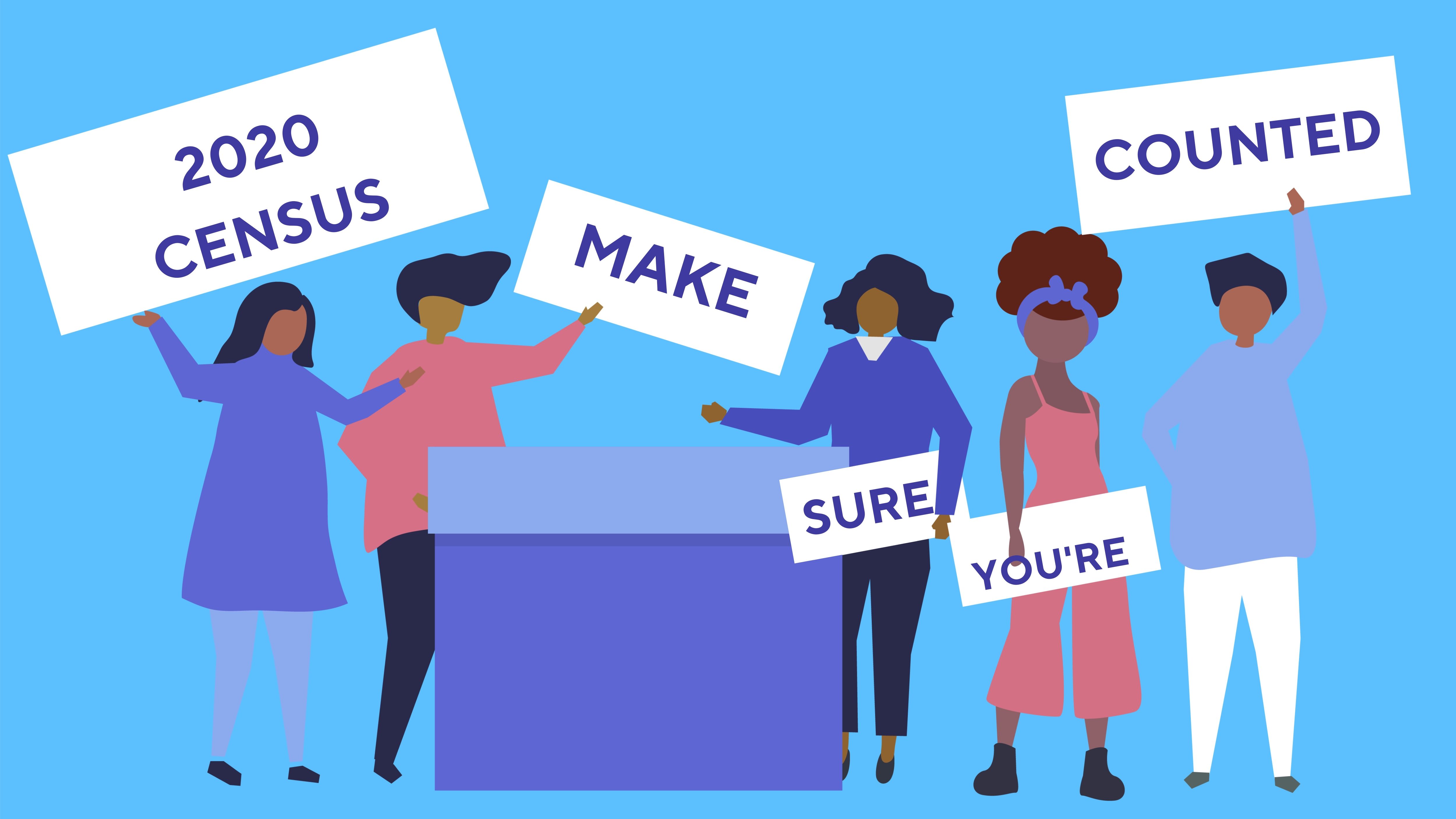The presidential election isn’t the only important political event happening this year. In accordance with Article I section 2, the US will conduct a census survey of all US residents. This happens once a decade and impacts congressional seats and the allocation of federal funding.
While it might not be as flashy as the presidential race, the 2020 census deserves our focus as well.
What is the US census?
The US census is a questionnaire that asks about who you are and where you live. In 2020 there are multiple ways that the census data can be collected, giving hope that the count will be more accurate. Households will be able to participate online, by mail or phone, and for some rural areas census workers will go door by door.
Why are Black people often undercounted?
Despite there being more ways for census workers to collect data, Black people are still at risk of being undercounted. According to a report from The Leadership Conference Fund, 800,00 Black people were undercounted in the 2010 census. Housing insecurity, gentrification, and poverty make it harder for Black individuals and their households to be counted correctly.
This is where class plays a huge part, and with 20.8% of Black people living in poverty, there is a great chance of inaccuracy. Being poor means an individual may not have internet access; a houseless person may not have a mailing address or phone number.
How the 2020 census results impact Black people.
There are several reasons why if you’re Black we need to ensure that we are counted. One reason: money. Federal funding is allocated based on community needs. Education, childcare, food stamp programs, Medicaid and section 8 are all policies that are affected by census data results.
Besides funding, the census also decides political representation. Through the collected data, district lines are drawn. The size of a population determines how many congressional districts a state will have. If Black neighborhoods are undercounted during the census, they can lose representatives in the House and therefore have less representation in Washington.
There are people working hard to make sure we’re not counted.
The late Thomas B. Hofeller was a strategist for the Republican party. After his death, his daughter discovered files detailing a plan to include the citizenship question in the census with the explicit intent to deter certain demographics from participating. Adding the citizenship question, they believed, would help Republicans create more gerrymandering maps that would decrease the power of Democrats.
There is a reason why the census is mandated by the Constitution. Having adequate and equal representation is key to a democracy. By controlling who is not counted in the census, those who want to actively suppress Black voices can do so by making it harder for you to be counted. And just as Black votes are important, so is being counted in the census.

